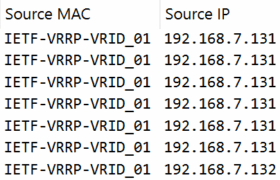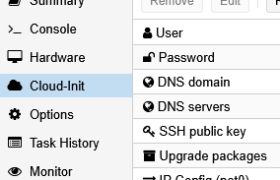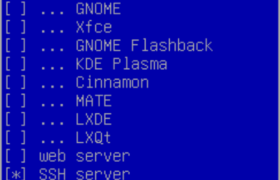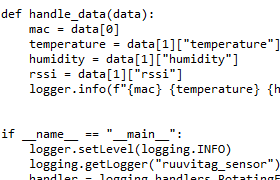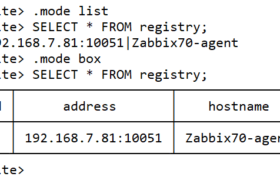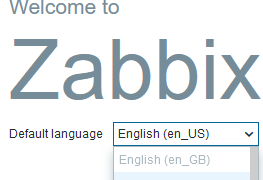Let’s do some Docker networking with Zabbix proxies. The presented Docker configurations apply to other similar client-server applications as well, so you may find this useful even if you don’t use Zabbix. On this longish page: Preparations I’m running the Docker service on Debian Linux 12 on a virtual machine, with no special configurations. These […]
Proxmox VE Cluster IP with VRRP
Proxmox Virtual Environment (PVE) has a built-in clustering feature that allows you to access all PVE nodes within the cluster by connecting to any of the nodes, by using a web browser or by connecting to the REST API. I’m using the out-of-the-box Zabbix template (Proxmox VE by HTTP) to monitor my three-node PVE cluster. […]
VRRP with Keepalived
VRRP (Virtual Router Redundancy Protocol) is commonly used for providing first-hop IPv4 or IPv6 router (“default gateway”) redundancy for network-attached devices. Some network appliances like wireless LAN controllers use it to provide a virtual IP that can always be used for reaching the active member in the device cluster. VRRP can also be used on […]
Entra ID Groups to NetBox 4.x Groups
When using the built-in SSO (Single Sign-On) in NetBox with Entra ID, the Active Directory (AD) group or role information for the users is not available out of the box. Based on the discussions in NetBox repo I tested and wrote down a short memo of getting the users’ groups usable in NetBox. In this […]
Debian Template with cloud-init on Proxmox VE
These notes have been tested with Proxmox Virtual Environment (PVE) 8.2.4, Debian 12 and cloud-init 22.4.2 (from Debian 12 packaging). First create a virtual machine and install Debian Linux on it normally, with all the additional tools and updates as required. I usually use the netinstall CD image from Debian. After completing the installation, for […]
Size of Debian Linux Installation
I often need a Linux virtual machine for testing specific things. Debian Linux is my choice of Linux distribution, and I have wondered how much space does each installed package take in it, to possibly optimize the size of the VM if needed. I installed two VMs: The results after “sudo apt clean“: Installation Disk […]
VDR Setup, 2025 Edition
RuuviTag Monitoring in Zabbix
RuuviTag is a small battery-powered sensor that measures temperature, humidity, air pressure and movement. It communicates the measured data by broadcasting the data values using Bluetooth. I’m using a few of those sensors to monitor some rooms at home. There is an official Ruuvi Gateway Router available that can be used to interface the RuuviTags […]
SQLite Commands
You know cloud computing is powered by shell scripts and SQLite databases, right? That’s how the saying goes. But what is an SQLite database anyway? It is a file, and it can be inspected with the SQLite application or a compatible library. There is no server daemon to connect to. Usually, when accessing a database, […]
24-hour Timestamps for Zabbix 7
The default language in the Zabbix user interface (UI) installation is “en_US”, meaning English (US). Probably because of the European roots of Zabbix, the timestamps have still been shown in 24-hour (world-standard) format, up until Zabbix version 6.4. Now in Zabbix 7.0 the default time display format has been changed to correspond to the selected […]


